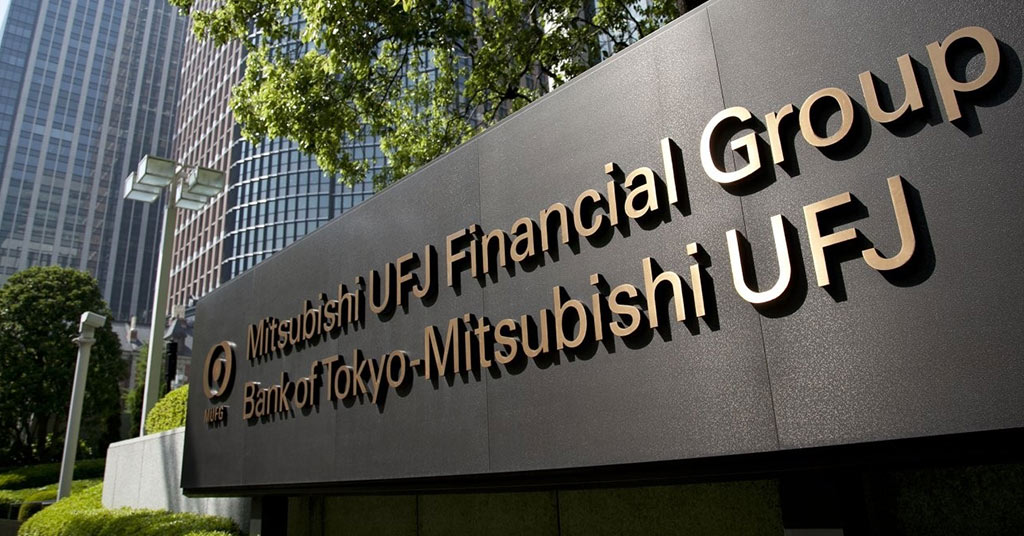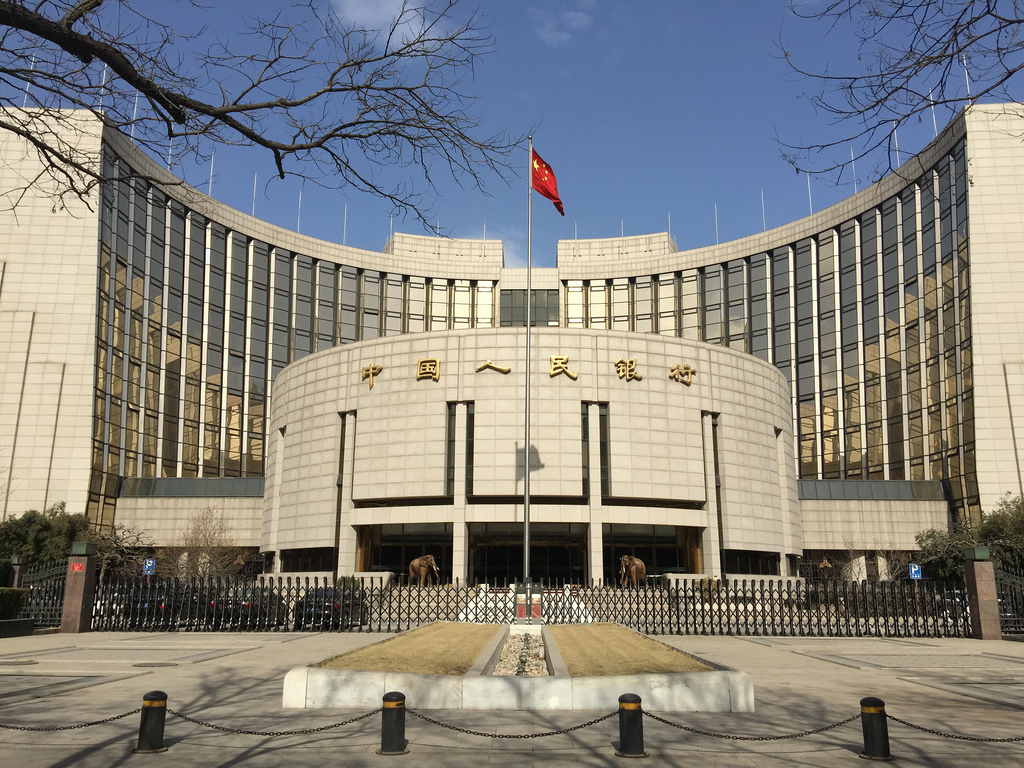Blockchain in finance: which banks continue to develop technology
The PaySpace Magazine editors checked which banks, which had previously announced work with the blockchain, continued to use the technology and successfully implemented it in their products
A year later: how banks implemented blockchain technology.
Some banks have become disillusioned with blockchain technology, according to a new report . For example, a Reuters survey reports that almost half of the projects in which large financial institutions, stock exchanges and technology firms are involved did not go beyond the testing phase. Those who have passed this stage have not yet received widespread use, while spending colossal budgets on financing projects. The PaySpace Magazine editors decided to check which banks, which had previously announced work with the blockchain, continued to use the technology and successfully implemented it in their products.
Santander: economic expansion and service improvement
In 2021, the largest financial and credit group Santander launched a money transfer service based on Ripple blockchain technology for private clients. Initially, the service was only available in Spain, Great Britain, Brazil and Poland, but currently it can be used in 19 countries. Specifically, Santander became the first UK bank to use this technology.
Santander has built an international money transfer system One Pay FX based on the blockchain, which allows transactions in euros, dollars and zlotys. In April of this year, Santander announced the release of Pago FX, an updated version of the One Pay FX app powered by Ripple xCurrent. The financial product will allow individuals, small and medium-sized enterprises to make transfers in the UK, Germany and Poland.
Santander said the company wants to reach more audiences and increase revenue with Ripple xCurrent. The financial group is expected to introduce new money transfer programs based on xCurrent or other Ripple technologies in the coming months.
A couple of months after the introduction of One Pay FX, the head of innovation at Santander Bank Ed Metzger said that the new product improved the lives of the financial institution's clients by making the transfer services "transparent and fast." According to Metzger, it now takes four to five clicks for app users to complete operations that were "horrendously" time-consuming in the past.
JPMorgan: partnerships with large companies
Back in 2021, JPMorgan Chase, the largest US banking holding company, announced its intention to launch a new payment processing system based on its own blockchain development Quorum. Later, the financial institution decided to make the project independent, allowing other banks to also use this blockchain, thus achieving a network effect.
Quorum was developed using the Ethereum protocol, a specialized blockchain platform designed to improve the efficiency of certain banking operations, including clearing and settlement of derivatives, and cross-border payments.
In the spring of 2021, JPMorgan partnered with Microsoft to make Quorum the main blockchain product used by the tech company. Specifically, Microsoft will use the platform to pay royalties to Xbox game developers.
Goldman Sachs: product not yet released
Goldman Sachs, one of the largest investors in blockchain technology, announced in May 2021 the "imminent launch" of a Bitcoin futures trading service. The financial institution planned to use equity capital to trade securities on behalf of and at the request of its clients.
In July 2019, foreign media reported that the bank is looking for a project manager for digital assets under the new program of the financial institution GS Accelerate, which will be related to the bank's securities. Thus, a year later, the project is still in development.
At the same time, the bank is positive about the blockchain. In particular, Goldman Sachs CEO David M. Solomon said that global payment systems will increasingly use stablecoins - cryptocurrencies that are tied to fiat money such as the US dollar.
Barclays: participation in a cryptocurrency project
The British bank Barclays also continued to work with the blockchain. In June 2021, it became known that despite the message about the "imminent release" of CLSNet, a product that was supposed to become a blockchain alternative to SWIFT transfers, it is still under development.
At the same time, the bank took part in another project related to a cryptocurrency product. In June 2021, it was announced that Barclays, along with other major financial institutions, became one of the investors in Utility Settlement Coin, a platform that will make it easier for central banks to issue their own cryptocurrencies. The project aims to help prepare the ground for cryptocurrencies of national banks by simplifying their transactions with each other using assets secured by collateral on a custom-made blockchain.
In particular, within the framework of the project, blockchain versions of the five main fiat currencies will be developed: the US dollar, the Canadian dollar, the British pound, the Japanese yen and the euro. The consortium, led by the former head of Deutsche Bank Romios Ram, prepared a budget of $ 63.2 million for the project from 14 shareholder banks, including Barclays, UBS, the aforementioned Banco Santander, BNY Mellon, CIBC, Commerzbank, Credit Suisse, ING, KBC Group , Lloyds Banking Group, MUFG Bank, Nasdaq, Sumitomo Mitsui Banking Corporation, and State Street.
Mitsubishi UFJ (MUFG): alternative payment system still in development
In 2021, Japanese bank Mitsubishi UFJ (MUFG) announced the release of a blockchain-based payment platform for micropayments and Internet of Things (IoT) applications from Akamai. It was reported that the platform will be able to process a million transactions per second, and it will take no more than two seconds to complete the payment.
Previously, it was expected that the payment blockchain service will appear in 2019, however, according to the latest news, MUFG has finally decided on the timing and plans to release the product in early 2020.
Chinese banks: developing new products with active government support and control
In China, the state takes the most active part in popularizing the blockchain, at the same time being the main regulator for the use of technology. In particular, the DPRK central bank plans to issue its own cryptocurrency, which, according to experts, will make it easier for policymakers to track transactions and potentially more accurately predict the consequences of changes in this policy.
The experts also noted that thanks to the blockchain, the separation between the central bank and commercial financial institutions may become more blurred, as the technology will make the financial system and its operations more efficient and streamlined. It is also reported that at the moment most of the financial institutions in China are interested in blockchain as a tool to solve problems such as providing more inclusive financial services and improving the efficiency of medical care.
New banks that started using blockchain
Daimler Trucks and Commerzbank want to automate payments for drivers.
On July 15, the UAE-based IT and services company Etisalat Digital announced a new nationwide blockchain-based trade finance platform called UAE Trade Connect (UTC). The product was developed in collaboration with First Abu Dhabi Bank (FAB) and Avanza Innovations. So far, eight banks have registered with UTC, but the platform is open to other institutions as well.
The first participating banks include: First Abu Dhabi Bank, Emirates NBD, Commercial Bank of Dubai, Mashreq, National Bank of Fujairah, RAKBANK, Abu Dhabi Islamic Bank and Commercial Bank International.
Also, the largest American manufacturer of trucks Daimler Trucks and the German banking concern Commerzbank announced their partnership. The companies are preparing to launch a joint project that will enable drivers to make automatic payments using blockchain and electronic euros. The new service is reportedly currently under development, but it has already received regulatory approval from the German Federal Financial Supervisory Authority (BaFin).
In late July, Union Bank of the Philippines and Singaporean finance corporation OCBC Bank also announced plans to use blockchain to facilitate cross-border transfers. For these purposes, banks will use the Adhara service, developed on the basis of the Ethereum platform. It is reported that the first trial transfers between financial institutions in the Philippines and Singapore were successful. According to Union Bank, the bank wants to use blockchain technology to facilitate international money transfers, especially in the Philippines, where about 10 million residents work overseas.





